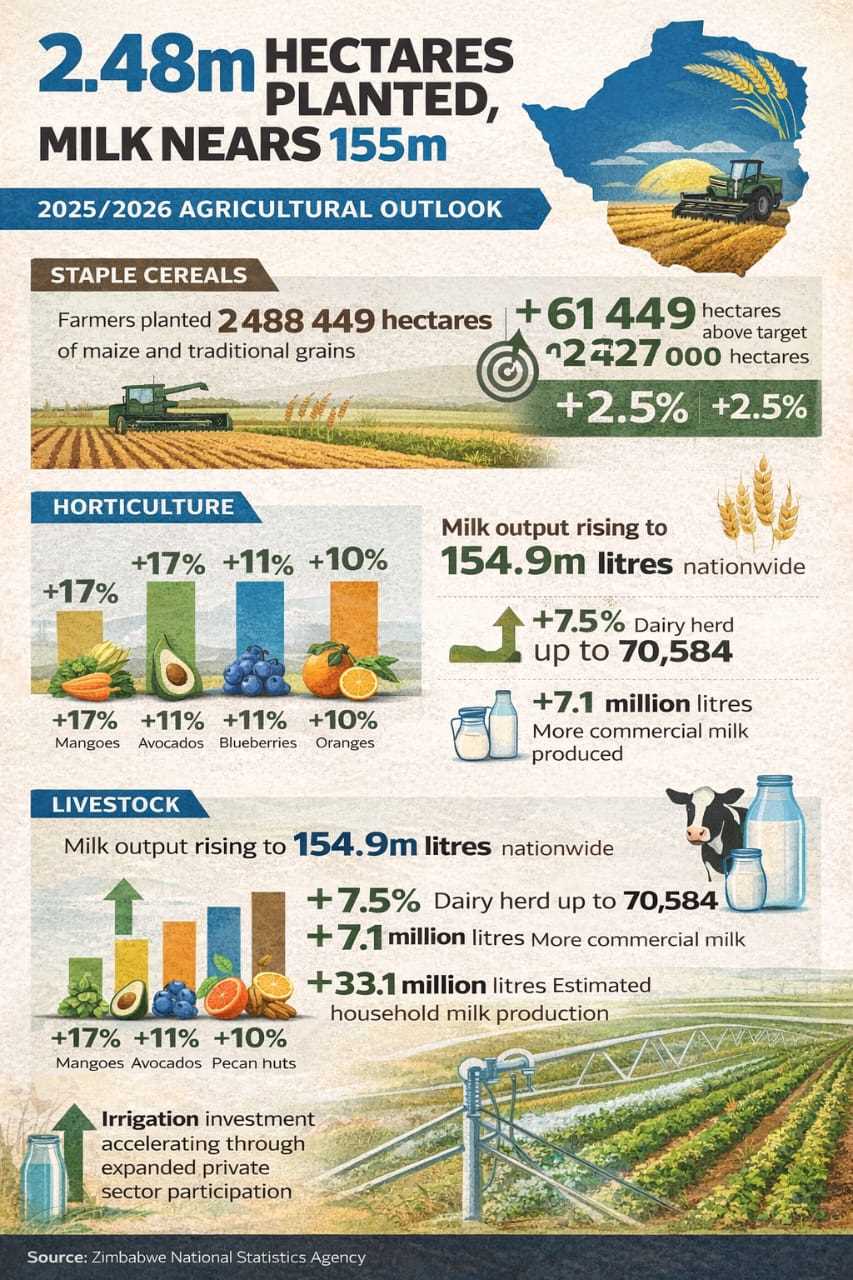
In a seismic shift that could reshape the global financial landscape, the introduction of a new BRICS currency in South Africa this August has economists and policymakers on high alert.
The de-dollarisation process, spearheaded by the emerging economic powerhouses of Brazil, Russia, India, China, and South Africa (BRICS), aims to diminish the dominance of the American dollar and establish a new currency system.
This article explores the potential implications of this move, delving into key points and analysing how the world’s premier reserve currency may face significant challenges in the long run.
The Rise of BRICS
The BRICS countries, collectively representing over 40% of the world's population and a significant portion of global GDP, have been steadily challenging the established economic order. Their collaboration to create a common currency aims to enhance financial stability, facilitate trade, and reduce dependence on the US dollar.
The launch of this new currency in South Africa serves as a testament to the BRICS nations' determination to assert their economic prowess and influence.
The De-Dollarisation Process
De-dollarisation refers to the deliberate effort to reduce reliance on the American dollar in international trade and financial transactions.
By establishing a BRICS currency, these nations seek to diversify their foreign exchange reserves and insulate themselves from the potential vulnerabilities associated with the dollar-dominated system.
The introduction of a new currency will provide an alternative for countries looking to hedge against the risks of a single dominant currency.
Implications for the American Dollar
While the immediate impact on the US dollar may be limited, the introduction of a new BRICS currency has the potential to erode the dollar's long-standing position as the global reserve currency.
As more countries adopt the BRICS currency for international transactions, the demand for dollars could decline, leading to a weakening of its value.
This shift may result in reduced purchasing power for the United States, impacting its economic and geopolitical influence.
Trade and Investment Realignment
The introduction of a new BRICS currency would likely lead to a realignment of trade and investment patterns.
As the BRICS nations increasingly trade in their own currency, the need for currency conversions and associated costs could decrease, promoting smoother transactions and boosting intra-BRICS trade.
This development may also prompt other countries to re-evaluate their trading relationships and diversify their currency holdings.
Global Financial Power Shift
The establishment of a BRICS currency could herald a significant shift in global financial power.
As the BRICS countries gain more influence in international trade and finance, they may have greater control over the terms of global economic interactions.
This shift could potentially challenge the economic hegemony historically enjoyed by Western nations and reshape the geopolitical landscape.
Challenges and Roadblocks
Although the idea of introducing a new BRICS currency may sound promising, it is not without its challenges. One of the major hurdles lies in creating a stable and credible currency that can gain trust and acceptance on a global scale.
Related Stories
Achieving consensus among the BRICS countries regarding exchange rates, monetary policies, and governance structures will require extensive negotiations and compromises.
Additionally, the existing economic disparities and differing levels of development among the BRICS nations could pose challenges in ensuring equitable benefits from the new currency system.
Potential Benefits for BRICS Countries
For the BRICS nations, the introduction of a new currency offers several potential advantages.
It can promote regional integration, enhance economic cooperation, and strengthen their collective bargaining power on the international stage.
By reducing their dependence on the US dollar, these countries can shield themselves from the volatility and uncertainties associated with a single currency system.
Moreover, the BRICS currency may foster greater economic stability within the member countries and enable them to have more control over their monetary policies.
Impact on Global Financial Markets
The introduction of a new BRICS currency could have profound implications for global financial markets.
As the currency gains traction, investors and financial institutions may diversify their portfolios and adjust their strategies accordingly.
This could lead to shifts in capital flows, changes in asset valuations, and potential disruptions to existing financial systems.
Market participants would need to adapt to this new paradigm, recalibrating their risk assessments and investment decisions in response to the evolving landscape.
Potential for Collaboration and Competition
While the de-dollarisation process may be perceived as a threat to the US dollar, it could also spur greater collaboration and competition among major economies.
The emergence of a new BRICS currency may prompt the United States and other Western powers to reassess their monetary policies, improve their economic competitiveness, and explore alternative strategies to maintain their influence.
This dynamic could potentially drive innovation, efficiency, and healthy competition in the global currency and financial markets.
Uncertain Future
It is important to note that the success and impact of the BRICS currency introduction will unfold over time and depend on various factors.
The global economic landscape is complex, and numerous geopolitical, economic, and policy considerations will shape the outcomes.
The reactions and responses from other major economies, such as the United States, European Union, and Japan, will also play a significant role in determining the trajectory of the new currency and its potential impact on the global financial system.
Conclusion
As the world braces for the introduction of a new BRICS currency in South Africa, the de-dollarisation process takes a significant step forward.
The potential long-term impact on the American dollar and the broader global economy cannot be ignored.
While uncertainties and challenges exist, the collective ambition of the BRICS nations to establish an alternative reserve currency system could mark a turning point in the international monetary order.
Whether this leads to a diminished role for the US dollar or prompts a recalibration of the global financial landscape, only time will tell. – Vocal Media


















Leave Comments